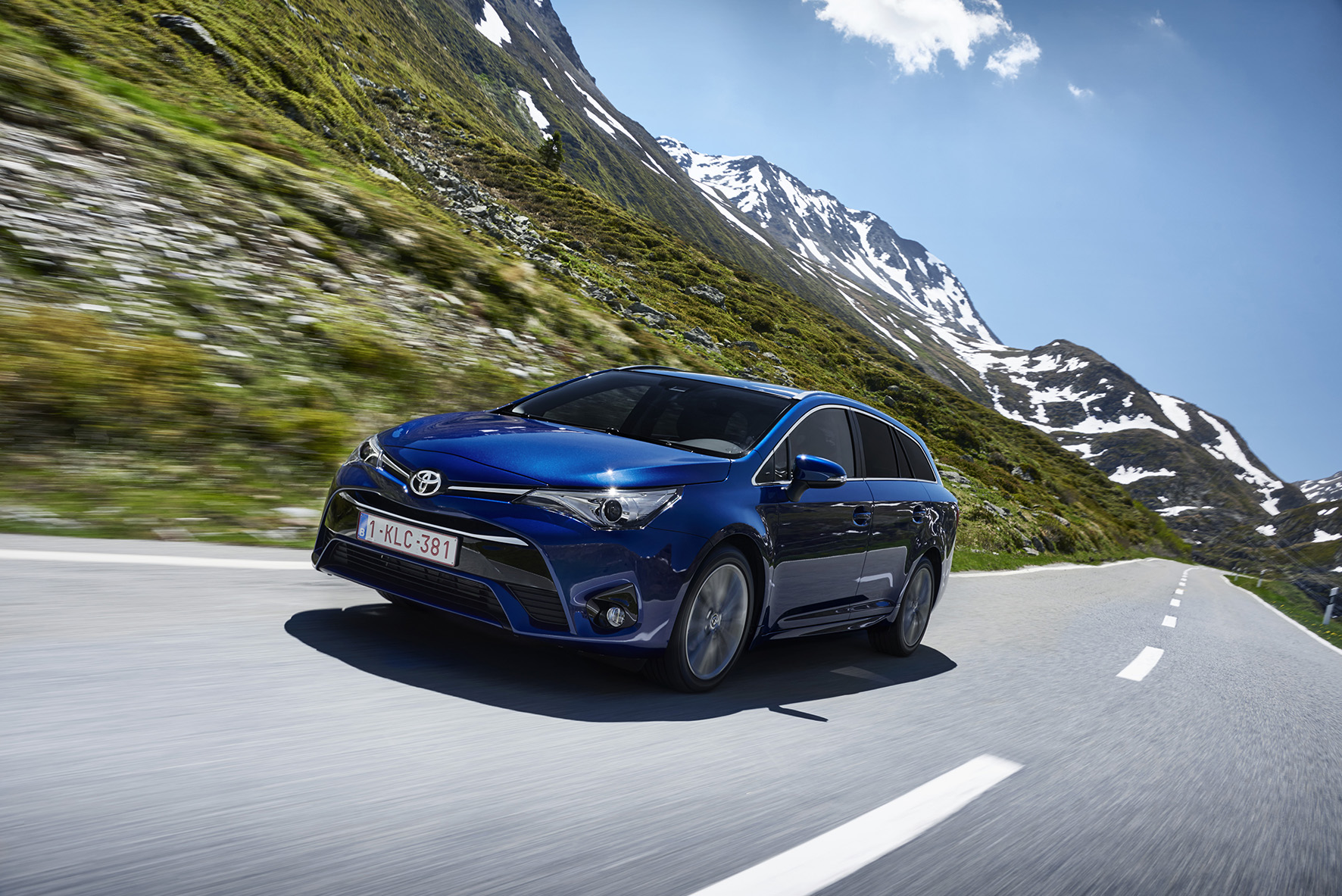Here’s what you need to know if you drive a car on a business basis
A company car – that sounds like something you do only if you run a large business. But even as a small business owner, freelancer or self-employed person, driving a car for business can be smart. It can provide tax benefits, more visibility into your expenses and, of course, it’s just plain convenient. But beware: there’s more to it than just signing a lease or buying a van. You’ll also need business car insurance, and you need to see what’s most beneficial from a tax perspective. Here’s exactly what you need to know if you’re considering a business car. In plain language, with no fuss.
Investment Deduction
Suppose you purchase a company car, such as a van for your handyman business. Then you may be able to take advantage of the investment deduction. This means that you can deduct a percentage of the purchase amount from your profit, so that you ultimately pay less tax. This is often the small-scale investment deduction (KIA). This deduction usually does not apply to passenger cars, unless you use it for cab transport or as a courier, for example. So: van? Often yes. Ordinary passenger car? Usually not, unless professional transport.
Depreciation is allowed
If you buy the car or arrange a financial lease, the car will appear on your company’s balance sheet. You can then write it off over five years. Depreciation actually means that each year you can enter a portion of the value of the car as an expense. And costs reduce your profit, so also your taxes. This only works if the car is actually registered as company property. Do you use your private car occasionally for work? Then this trick unfortunately does not work. The advantage of business is that your company car insurance is also business deductible.
Pay attention to the additional tax liability if you also drive privately
Do you also use the business car for private trips? And do you drive more than 500 kilometers per year outside of work? Then you have to deal with an additional taxable benefit. This addition is seen as extra income on which you have to pay taxes. It does not matter whether you drive just over 500 or thousands of kilometers, as soon as you cross the threshold, you are screwed. How high the addition is depends on the list value of the car and the CO2 emissions. Do you hardly use the car privately? Then you can avoid the additional taxable benefit. But you must be able to prove this with a comprehensive trip registration form or an official statement from the tax authorities. And believe me, they will look into this seriously. So no guesswork or “about right” list.
Financial lease? Then you may deduct interest
If you choose financial leasing, you are borrowing money, so to speak, to purchase a car. You pay a monthly amount, which consists of repayment and interest. You can deduct the interest from your profit. So it can make quite a difference in your taxes. Suppose you pay € 1,250 in interest in a year and fall in the first tax bracket of 36.93%, then that gives you a net tax advantage of about € 460.

